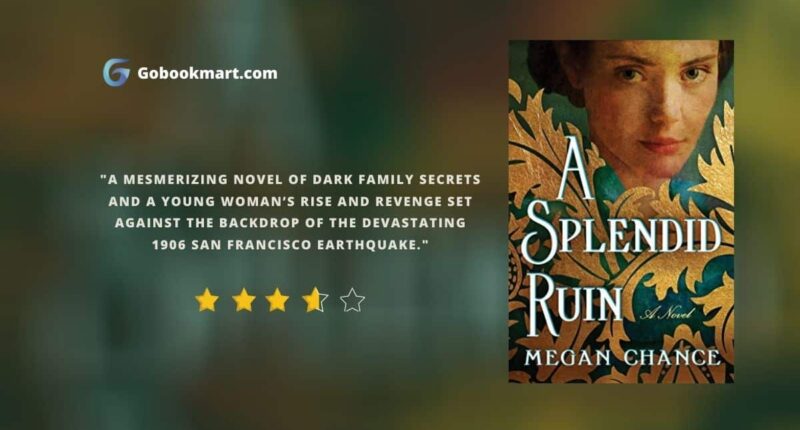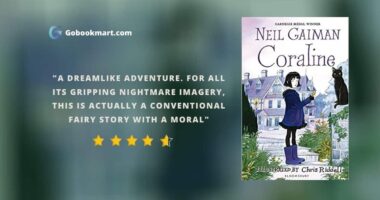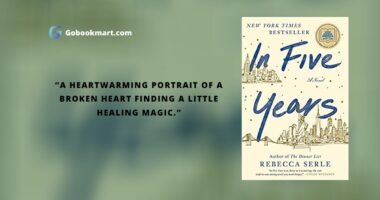By – Megan Chance
A Splendid Ruin is a historical novel set in San Francisco in the early 1900s and it has so many things to like about. Megan Chance tells a good story tending to remind one of something, for me at least, certainly the works by authors such as Howard Fast and Jeffrey Archer.
May Kimble lives with her mom in Brooklyn who has little money but she has demanded raising May to acknowledge the better things in life. May and her mom worked sincerely and rely upon one another. At the point when May’s mom died, May is all alone and without any prospects working as a “shop girl.” But then she gets a letter from her rich, amazing, and socially associated auntie and uncle in San Francisco welcoming her to come live with them and their beautiful daughter. Overnight, May’s life is changed. Presently she has the cash, companions, and position in the public eye that represent the perfect example of the late nineteenth/mid twentieth century “American Dream.” But everything isn’t as it appears and soon May’s life will again change radically.
As far as I might be concerned, the best component of the novel is its plot. Generally, it kept me connected with; and furthermore speculating. There were various surprises I didn’t see coming. Also, no, those surprises didn’t “emerge from left field.” I thought Ms. Chance worked superbly of establishing the framework for them. What’s more, there are various scenes I discovered highly absorbing, even, enchanting. All things considered, Ms. Chance kept me turning the pages.
But, I likewise discovered issues with the writing, especially initially—which is terrible since that is the place where readers choose whether or not to continue. A few sections are excessively florid, others dull, others sensational, and others intelligently conflicting—all of which had the impact of tossing me out of the story – time to time.
Furthermore, I think Ms. Chance might have made a superior showing with the historical backdrop of San Francisco: how and why it developed and became important to California and the country; and how and why San Francisco society created—what the families in the public eye achieved to arrive at their magnified status. I discovered her treatment of society and the rich to some degree simple, and her message about them fairly conflicting and hazy. Still, I was entertained for the most part and I think others will be too.



